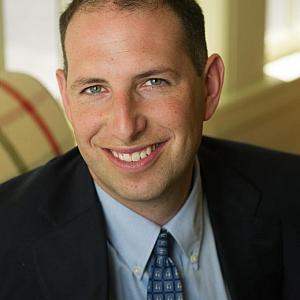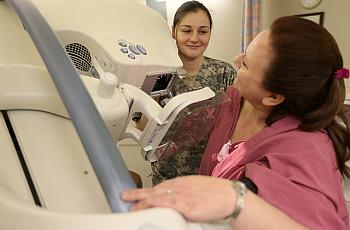
Michael Hochman
Director, Gehr Family Center for Implementation Science

Director, Gehr Family Center for Implementation Science

Medicare recently announced it is likely to cover a diabetes prevention program that has been shown to be highly effective. Our Slow Medicine team explains why that’s exciting news for pre-diabetic patients.

A study looking at births in Britain finds home-births safer, while another U.S. study finds babies born at home face higher risk of death. It turns out having ways to get moms to the hospital quickly when complications arise might be the most important variable.

Whether it's doctors or restaurants, it turns out that our brains are more likely to be influenced by narrative reviews, such as those on Yelp, than by other rating systems and metrics.

As physicians, we can find evidence in the research literature to support or discourage almost anything. If we don't have a coherent approach to care, it's quite difficult to decide when we have sufficient evidence to change our practice.

In a watershed development on Tuesday, the American Cancer Society announced it was backtracking on its aggressive breast cancer screening recommendations. The new guidelines are much more aligned with the practice of Slow Medicine, and they should change how we talk to patients about screening.

Last week, the New England Journal of Medicine published a landmark study by CDC researchers on the safety of dietary supplements. The new study stands as a strong challenge to our current regulatory framework, as our Slow Medicine contributors explain.

Obamacare has strongly encouraged the creation of accountable care organizations, which focus on coordinating patient care so that, in theory, wasteful practices are eliminated and money is saved. But the early results have been mixed.

There has been a lot of rhetoric about the value of community health workers, but such programs don't always work as well as they could. Some basic guidelines could go a long way toward ensuring such workers contribute to the health of patients, particularly those with chronic diseases.

New projections estimate that Obamacare will add more than a quarter-billion dollars in administrative costs by 2022. About two thirds of this added expense will go to private insurance companies via the insurance exchanges. In contrast, public insurance gives far more bang for the buck.

Atul Gawande's latest New Yorker piece on unnecessary care has generated much conversation in health care circles. Two leading practitioners of 'Slow Medicine' outline some key takeaways from Gawande's latest must-read take on American medicine.